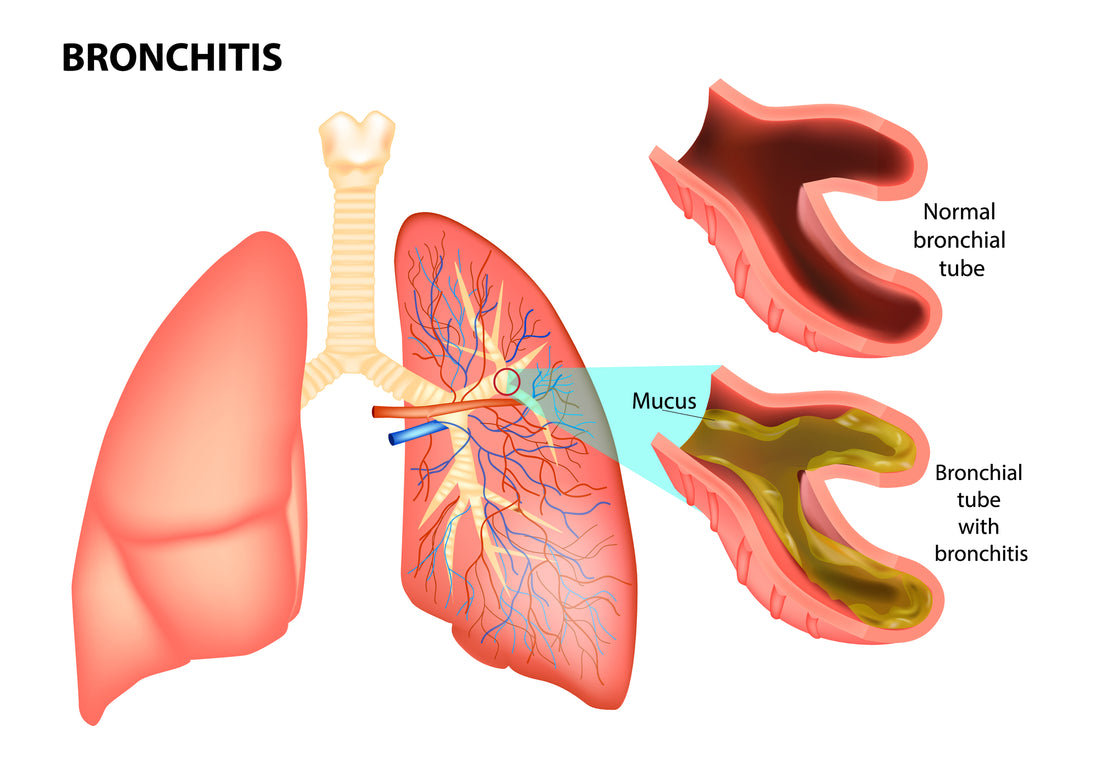
Antibiotics Don’t Work For Acute Bronchitis
Share
There appears to be no compelling reason to treat acute bronchitis with antibiotics
Bronchitis season is about to descend upon us. Despite the fact that physicians commonly prescribe antibiotics to treat bronchitis, a number of studies prove that they don’t really work for this condition.
Indeed, the authors of a study at Cook County Hospital in Chicago concluded that antibiotics appear to provide only a "transient benefit of little clinical significance," while at the same time increasing side effects and microbial resistance.
"Antibiotics don't work for acute bronchitis," Dr. Arthur Evans, an associate chair of medicine at Cook County HospNital, told Reuters Health. "Now we have strong evidence saying that it shouldn't be used for this purpose." Detailed findings of this study were published in the medical journal The Lancet*.
Additionally, a Cochrane abstract reviewed by Rabin Chandran, M.D., of the Brown University School of Medicine in Providence, Rhode Island, also reached the conclusion that there appears to be no compelling reason to treat acute bronchitis with antibiotics as they offer only a slight benefit to patients. (http://onlinelibrary.wiley.com/o/cochrane/clcentral/articles/625/CN-01097625/frame.html) Membership required to review.
The abstract review concludes that the minimal benefits of antibiotics for bronchitis hardly outweigh the drawbacks which include 1) adverse side effects such as nausea and vomiting, headache, rash and vaginitis; 2) the significant cost of the medicine; and 3) most importantly, the significant risk of increased antibiotic drug resistance.
Luckily, natural alternatives other than antibiotics have proven to be quite effective against bronchitis.
*Azithromycin for acute bronchitis: a randomised, double-blind, controlled trial - Evans AT, Husain S, Durairaj L, Sadowski LS, Charles-Damte M, Wang Y – The Lancet - Vol. 359, Issue 9318, 11 May 2002, Pages 1648-1654.
https://www.ncbi.nlm.nih.gov/pubmed/12020525
